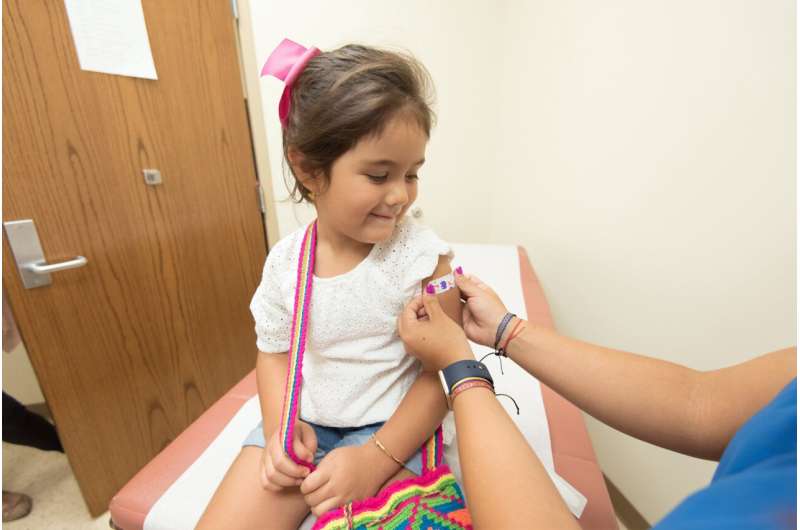Rising Unawareness of Diabetes, High Blood Pressure, and High Cholesterol Among US Adults

Many US adults remain unaware of their high blood pressure, diabetes, or high cholesterol, increasing their risk of cardiovascular disease. A new study highlights rising unawareness, especially among young adults and women, stressing the need for improved screening and awareness campaigns.
A recent study published in JAMA Cardiology highlights a concerning trend: many adults in the United States remain unaware that they have major health conditions like high blood pressure, diabetes, or high cholesterol—key risk factors for cardiovascular disease and premature death. Conducted by health policy researchers at Beth Israel Deaconess Medical Center's Richard A. and Susan F. Smith Center for Outcomes Research, the study reveals that the number of Americans who do not recognize they have hypertension has increased over the past decade. This lack of awareness is especially prominent among younger adults and women.
According to lead researcher Dr. Rishi Wadhera, young adults are the most likely to be unaware of their health issues. The study found that one in three young adults does not know they have high blood pressure, two in five are unaware of their diabetes, and a quarter do not realize they have elevated cholesterol levels. This is particularly alarming given that cardiovascular disease remains the leading cause of death in the US, responsible for about one in three fatalities. Although mortality rates peaked in the 1960s, advancements in medical care and public health efforts have driven a decline in heart-related deaths. However, recent data shows a disturbing uptick, especially among younger populations and women under age 55.
The research analyzed data from NHANES, a comprehensive survey combining interviews and physical examinations to evaluate the health and nutritional status of Americans. Over 15,000 adults with at least one risk factor were examined, and findings indicated that awareness of hypertension has decreased notably among younger adults, specifically those aged 20 to 44. Women in particular have shown a rise in unawareness, signaling potential barriers to accessing preventive care and health screenings. Experts suggest that these gaps in awareness may be due to limited access to primary care and preventive services, which can hinder early detection and intervention.
Dr. Wadhera emphasizes the importance of public health messaging targeted at young adults, encouraging routine screenings for blood pressure, cholesterol, and blood sugar levels. Addressing these awareness gaps early can significantly reduce the risk of developing cardiovascular disease later in life.
This study underscores the urgent need for improved outreach and education to ensure early detection and better management of these risk factors, ultimately aiming to reduce the burden of cardiovascular disease in the future.
Stay Updated with Mia's Feed
Get the latest health & wellness insights delivered straight to your inbox.
Related Articles
Breakthrough Clinical Trial Shows Therapeutic Plasma Exchange Can Rejuvenate Biological Age
A groundbreaking clinical trial reveals that therapeutic plasma exchange combined with IVIG can reduce biological age by over two years, highlighting new potential for aging interventions and longevity research.
Research Highlights the Role of Service Dogs in Slowing Cellular Aging in Female Veterans
A pioneering study reveals that training service dogs can help slow cellular aging and improve mental health in female military veterans, offering a promising non-pharmacological approach to PTSD treatment.
Return to School and Its Impact on Childhood Infections and Asthma Emergencies
Returning to school can lead to increased infections and asthma emergencies, especially in disadvantaged neighborhoods. A new study highlights how neighborhood conditions influence children's respiratory health during seasonal surges.



